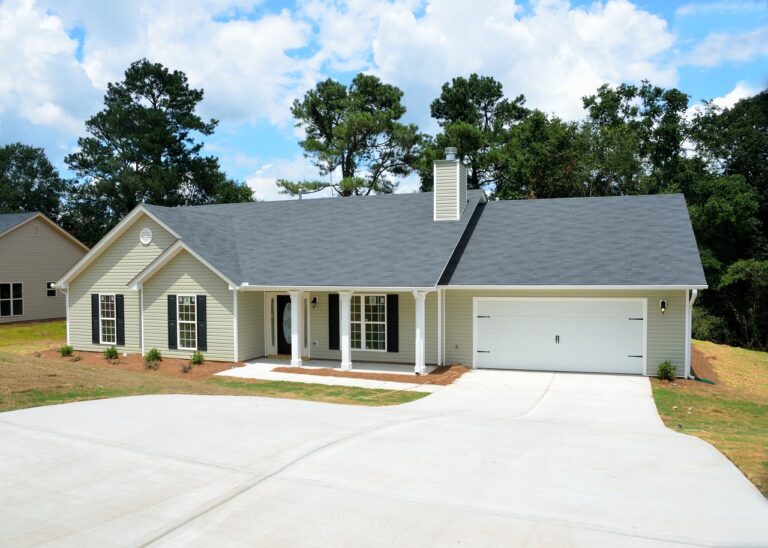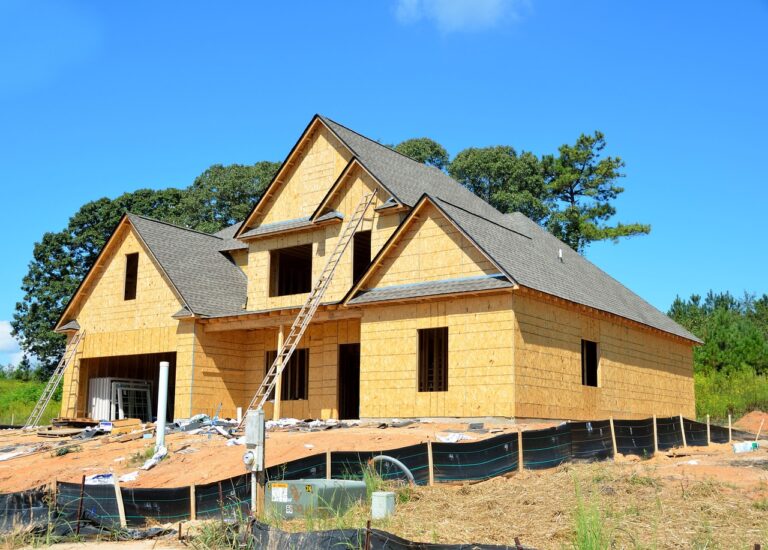Eco-Friendly Demolition: Shaping Sustainable Urban Landscapes for Tomorrow: Betbook 247 com, Radhe exchange id, My laser 247 login
betbook 247 com, radhe exchange id, my laser 247 login: As our cities continue to grow and evolve, the process of demolition becomes an essential part of urban development. However, traditional demolition methods can have significant environmental impacts, contributing to waste generation, air and noise pollution, and the destruction of natural habitats. In response to these challenges, eco-friendly demolition practices have emerged as a sustainable alternative that aims to reduce the negative environmental effects of urban development.
Eco-friendly demolition, also known as green demolition or deconstruction, involves the careful dismantling and recycling of building materials to minimize waste and resource consumption. By salvaging materials such as wood, metal, and concrete, eco-friendly demolition diverts construction waste from landfills and reduces the need for new raw materials. This approach not only helps to protect the environment but also promotes a circular economy where resources are used more efficiently.
One of the key principles of eco-friendly demolition is the prioritization of reuse and recycling. Instead of simply tearing down buildings and sending debris to the landfill, eco-friendly demolition companies carefully dismantle structures to recover materials that can be repurposed. Salvaged materials are then sorted, cleaned, and sent to recycling facilities or resale markets, where they can be used in new construction projects or other applications.
In addition to recycling building materials, eco-friendly demolition also focuses on minimizing environmental impacts during the demolition process itself. Techniques such as dust suppression, noise mitigation, and pollution control are used to reduce the negative effects of demolition on surrounding communities and ecosystems. By incorporating sustainable practices into every stage of the demolition process, eco-friendly demolition helps to shape more resilient and environmentally conscious urban landscapes.
While eco-friendly demolition offers numerous environmental benefits, it also presents unique challenges and considerations. From the increased labor and time required for deconstruction to the need for specialized equipment and training, transitioning to eco-friendly demolition practices can be a complex and costly endeavor. However, the long-term environmental and social benefits of sustainable demolition make these challenges worthwhile, as they contribute to the creation of healthier, more sustainable cities for future generations.
In conclusion, eco-friendly demolition plays a crucial role in shaping sustainable urban landscapes for tomorrow. By prioritizing reuse, recycling, and pollution control, eco-friendly demolition practices help to reduce waste, conserve resources, and minimize environmental impacts. As our cities continue to grow and evolve, embracing eco-friendly demolition as a standard practice can help to create more resilient, efficient, and environmentally conscious urban environments.
—
### The Benefits of Eco-Friendly Demolition
As we look towards a more sustainable future, eco-friendly demolition offers a range of benefits for our cities and the environment. Here are some of the key advantages of adopting green demolition practices:
#### 1. Waste Reduction
Traditional demolition methods can generate large amounts of waste that end up in landfills, contributing to environmental degradation and resource depletion. Eco-friendly demolition aims to reduce waste by salvaging and recycling materials, diverting them from the waste stream and extending their useful life.
#### 2. Resource Conservation
By salvaging materials such as wood, metal, and concrete, eco-friendly demolition helps to conserve natural resources by reducing the demand for new raw materials. This not only reduces the environmental impact of construction but also promotes a more sustainable approach to resource management.
#### 3. Pollution Prevention
Traditional demolition methods can release harmful pollutants such as dust, debris, and hazardous chemicals into the air and water, posing risks to human health and the environment. Eco-friendly demolition practices incorporate pollution control measures to minimize these impacts and protect surrounding communities and ecosystems.
#### 4. Energy Efficiency
The process of deconstruction and recycling requires less energy than manufacturing new materials from scratch, leading to significant energy savings and reduced greenhouse gas emissions. By prioritizing reuse and recycling, eco-friendly demolition helps to promote energy efficiency and combat climate change.
#### 5. Job Creation
Transitioning to eco-friendly demolition practices can create new job opportunities in the green building sector, including deconstruction specialists, salvagers, and materials processors. By investing in sustainable demolition practices, cities can support local economies and promote the growth of green industries.
#### 6. Community Engagement
Eco-friendly demolition offers opportunities for community engagement and involvement in the demolition process. By partnering with local organizations, schools, and volunteers, demolition companies can raise awareness about sustainable practices and promote a culture of environmental stewardship in urban communities.
### FAQs
#### 1. What is the difference between traditional demolition and eco-friendly demolition?
Traditional demolition typically involves the complete destruction of buildings and structures, with little consideration for waste reduction or environmental impact. In contrast, eco-friendly demolition focuses on salvaging and recycling materials to minimize waste, conserve resources, and reduce pollution.
#### 2. How can I find a company that offers eco-friendly demolition services?
Many demolition companies now offer eco-friendly demolition services as part of their business operations. To find a company that specializes in sustainable demolition practices, look for certifications such as LEED accreditation or membership in organizations like the Building Materials Reuse Association.
#### 3. Is eco-friendly demolition more expensive than traditional demolition?
While eco-friendly demolition practices may require additional time, labor, and resources compared to traditional methods, the long-term benefits of sustainable demolition often outweigh the initial costs. By reducing waste, conserving resources, and minimizing environmental impacts, eco-friendly demolition can lead to cost savings and environmental benefits over time.







